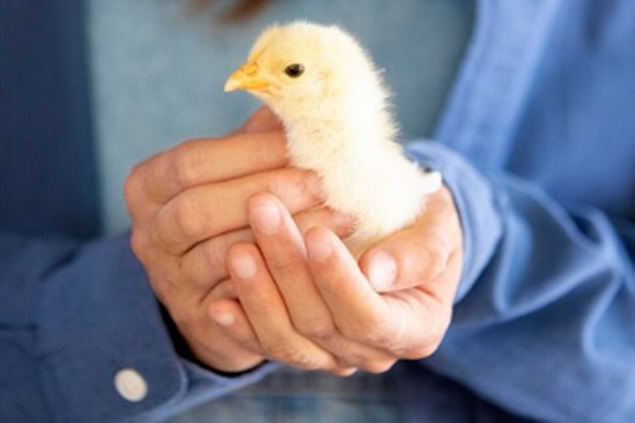1602

The European Union has faced a highly pathogenic avian influenza (HPAI) epidemic in both wild and domestic birds in recent years, as stated by EFSA in its latest set of recommendations regarding avian influenza vaccination.
What needed to be done?
Areas with dense poultry farming populations are at a particularly high risk of HPAI transmission. Vaccination may be considered in addition to measures already implemented (such as surveillance, biosecurity, and early detection) to prevent and control the spread of HPAI.
The European Commission has requested an overview of available HPAI vaccines, their effectiveness against currently circulating viruses, and an assessment of different vaccination schemes to inform decisions regarding possible vaccination strategies.
EFSA has also been mandated to evaluate surveillance and risk mitigation measures in vaccinated areas and farms. These topics will be addressed in a separate scientific opinion, with an expected completion date in March 2024.
How did EFSA carry out this activity?
EFSA issued a scientific opinion on this topic as early as 2007: [link to the opinion]
In the current opinion, information about available vaccines and their characteristics was collected through a literature search and a survey launched by the European Medicines Agency (EMA) and disseminated by EFSA and the World Organisation for Animal Health (WOAH). Data were also collected through consultation with the EU Reference Laboratory (EURL) and the National Reference Laboratory (NRL) network and directly from the websites of pharmaceutical companies. The efficacy of vaccination strategies was simulated using mathematical modeling.
The data sources included:
Published literature (with no restrictions on language or study location).
Survey data.
Data on the poultry population in France, Italy, and the Netherlands.
Data on HPAI outbreaks in France, Italy, and the Netherlands.
Data on preventive culling in France, Italy, and the Netherlands.
What were the limitations/uncertainties?
Data on the effectiveness of protection and the duration of protection of available HPAI vaccines are non-harmonized and limited; therefore, a detailed description and comparison of these vaccines are not possible.
Few vaccines are tested on bird species other than chicks. Field studies on the effectiveness of vaccination to stop virus transmission are rare.
What were the results and their implications?
Updated information on the types and characteristics of available vaccines against HPAI was provided.
There is only one authorized vaccine against HPAI for chicks in the EU.
Information was provided on various vaccination strategies for controlling HPAI in poultry, namely emergency protective vaccination in areas around an HPAI outbreak and preventive vaccination in areas and farms where the infection is not yet present.
Recommendations for future scientific studies on HPAI vaccines were provided.
Implications
EFSA's scientific opinions on HPAI vaccines and vaccination strategies will inform decision-makers in EU member states and risk managers regarding potential prevention and control strategies for HPAI, thus allowing for informed decisions on preventing and controlling HPAI outbreaks.
EFSA's advice can guide the future development and use of HPAI vaccines. But what are the key recommendations? Here are some recommendations for decision-makers and risk managers:
Preventive vaccination is the optimal vaccination strategy to minimize the number of outbreaks and the duration of the epidemic and should be carried out in the most sensitive and infectious bird species in high-risk transmission areas. Multiple administrations (i.e., booster vaccinations) can be used to enhance protection.
In the case of an outbreak, emergency protective vaccination is recommended within a 3 km radius of the outbreak in high-risk transmission areas.
Vaccine efficacy should be monitored for all vaccination strategies.
Vaccination should complement, not replace, other preventive and control measures, such as bird infection monitoring, early detection, and biosecurity, and is recommended as part of an integrated disease control approach.
Recommendations for the research community:
The scientific opinion includes recommendations for future scientific studies on HPAI vaccines regarding the types of vaccines that need to be developed and for which bird species, the aspects of vaccines that should be researched, and the types of studies that should be conducted.





